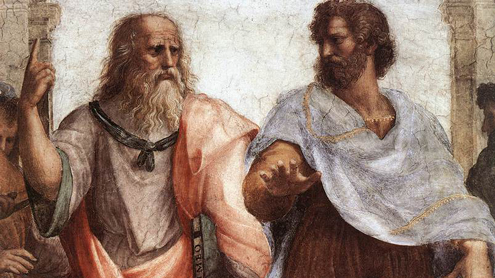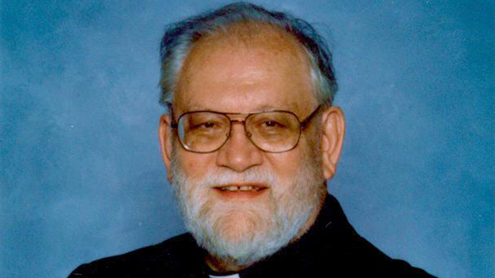In ancient Greece, there were two opposing views about the human mind. Plato thought a person was “tabula inscripta,” born with some innate knowledge. Whereas, Aristotle subscribed to the idea of “tabula rasa,” born without any previous knowledge.


In ancient Greece, there were two opposing views about the human mind. Plato thought a person was “tabula inscripta,” born with some innate knowledge. Whereas, Aristotle subscribed to the idea of “tabula rasa,” born without any previous knowledge.
In ancient Greece, there were two opposing views about the human mind. Plato thought a person was “tabula inscripta,” born with some innate knowledge. Whereas, Aristotle subscribed to the idea of “tabula rasa,” born without any previous knowledge.
In ancient Greece, there were two opposing views about the human mind. Plato thought a person was “tabula inscripta,” born with some innate knowledge. Whereas, Aristotle subscribed to the idea of “tabula rasa,” born without any previous knowledge.
Perry earned his degree with an emphasis in information systems and technology and received an Outstanding Student Award from the Ed G. Smith College of Business.

Culture and religion have always had a unique relationship, sometimes overlapping and at times, sharing a great divide. The Rev. Stanley S. Harrakas will discuss “Hellenism and Orthodox Christianity: A Complex Relationship” at 7:30 p.m. Nov. 10 in Century Room C of...
Culture and religion have always had a unique relationship, sometimes overlapping and at times, sharing a great divide. The Rev. Stanley S. Harrakas will discuss “Hellenism and Orthodox Christianity: A Complex Relationship” at 7:30 p.m. Nov. 10 in Century Room C of...
Culture and religion have always had a unique relationship, sometimes overlapping and at times, sharing a great divide. The Rev. Stanley S. Harrakas will discuss “Hellenism and Orthodox Christianity: A Complex Relationship” at 7:30 p.m. Nov. 10 in Century Room C of...